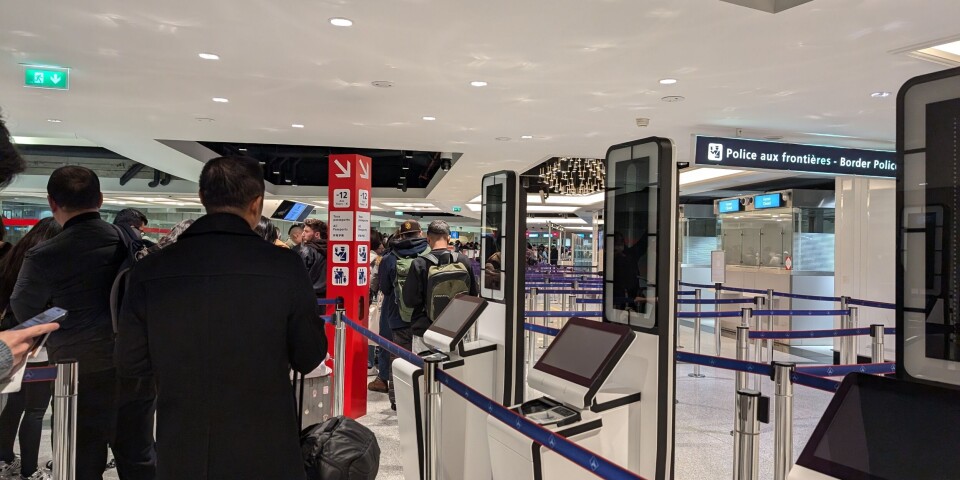Keir Starmer meets Macron: what could post-Brexit EU-UK ‘reset talks’ cover?
The UK prime minister recently visited Berlin where a bilateral treaty was agreed
Discussions will revolve around economic ties, trade, and youth mobility schemes
Fred Duval / photocosmos1 / Shutterstock
The UK prime minister Keir Starmer will meet French President Emmanuel Macron in Paris today (Thursday August 29), starting two days of meetings and negotiations.
It comes after Sir Keir Starmer met German Chancellor Olaf Scholz in Berlin yesterday, where both sides committed to a bilateral treaty to be signed “early next year”, deepening UK-German relations.
Meetings in Paris will take place over two days – also with an eye on strengthening ties between the UK and its neighbour across the English Channel – as the newly-elected UK prime minister seeks “a reset with Europe, [and] a reset with the EU,” as he said in Berlin.
“That does not mean reversing Brexit or re-entering the single market or the customs union, but it does mean a closer relationship on a number of fronts, including economy and defence,” Sir Keir added.
He was spotted at the opening ceremony of the Paris 2024 Paralympic Games last night.
What will be discussed?
The day will begin with a breakfast meeting between the UK prime minister and French business leaders, focused on strengthening the close economic ties between the two nations.
A summit will then be held at the Elysée, the French president’s official residence in Paris.
Discussions will likely focus on the same topics as in Berlin – closer economic ties, improving access to, and the flow of, trade, and a focus on technological innovation.
The UK is particularly concerned with easing trade regulations on foodstuffs, animals, and plant products – changes the EU may agree to, if the UK brings in higher veterinary standards.
Read more: Can I move from the UK to France with houseplants?
The meetings in Paris and Berlin revolve around a ‘charm offensive’ the new prime minister must conduct, said Charles Grant, director of the Center for European Reform.
Sir Keir's key goals are “rebuilding trust, restoring confidence, being nice to people, being polite and showing that we have changed — which sounds obvious but is really important,” he said.
The new-look UK government is keen on renegotiating its trade deal with the EU, however the current deal is set to last until 2026, and Brussels may not be keen to enter talks about the deal so early.
Plans to tackle illegal immigration were also discussed, both to the EU and to the UK.
This will likely be a focal point of discussions in Paris, due to the number of migrants crossing from France into the UK.
Talks in Germany were also dominated by discussions on defence policy, but this may take more of a backseat in France, with economic concerns being the priority.
The two countries may also discuss the details of the upcoming Entry/Exit System (EES), which will change how non-EU visitors enter the bloc, and has impacted UK-France border points, including those controlled by French authorities in the UK.
Read more: Dover, Eurostar, Eurotunnel: UK pledges funds to ease border changes
Is a free movement scheme on the cards for young people?
Sir Keir also made it clear that the UK does “not have plans for a youth mobility scheme.”
This scheme was brought up as a possibility earlier in the year, and would see freedom of movement return for younger people, between the UK and EU.
The new UK Labour government has ruled out the scheme – despite recently saying it would consider such a deal.
Read more: UK-EU plan for easy work and study for under-30s: what is proposed?
It is high on the list of priorities in Brussels, however, and may be a stumbling block to any deeper UK-EU ties.
Alternative plans could see the UK rejoin the Erasmus scheme, a study abroad programme for university students across Europe, although Labour believes the financial costs of the project are too high.




























